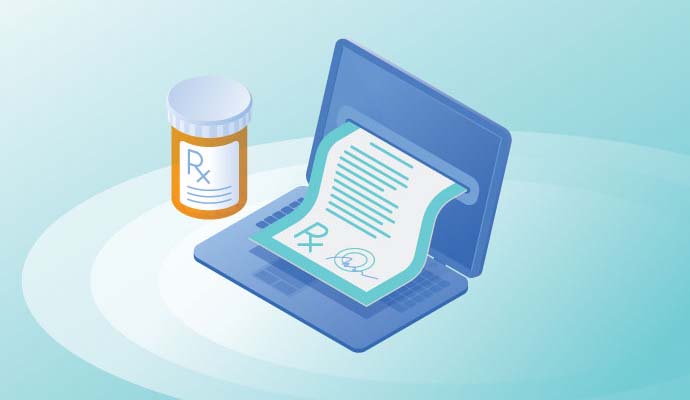Mylan Launches First Generic to Tecfidera Despite Patent Debate
The recent FDA approval and launch of the generic drug follows Mylan’s win in the US District Court for the Northern District of West Virginia that invalidated Biogen's Tecfidera patent.

Source: Thinkstock
- Mylan recently announced the launch of the first FDA-approved therapeutically equivalent generic of Tecfidera capsules for the treatment of relapsing forms of multiple sclerosis (MS).
The launch came just days after FDA approved the generic drug and months after a patent court battle with Tecfidera’s manufacturer, Biogen.
"The launch of the first generic Tecfidera is yet another prime example of Mylan's fundamental commitment to bringing more access to patients worldwide, in this particular case through our important continued support of the MS community, while helping to provide immediate and substantial savings for the U.S. healthcare system,” Heather Bresch, Mylan CEO said in the announcement.
“It also represents another significant achievement for the many Mylan scientific, regulatory and legal colleagues who continue to work tirelessly in doing their part to bring important access to medicines as quickly as possible."
Dimethyl fumarate delayed release capsules 120mg and 240mg are the first generic of any MS treatment in an oral solid dosage form available to patients in the US, the pharmaceutical company said.
But the generic drug should not be on the market, according to Biogen, which challenged Mylan in patent court earlier this year.
Biogen argued that its Tecfidera patent “claimed methods of treating multiple sclerosis (MS) using a dose of 480 mg/day of dimethyl fumarate delayed release capsules.”
In June, however, the US District Court for the Northern District of West Virginia invalidated Tecfidera’s patent for lack of written description according to an announcement from Mylan.
The June decision cleared the way for the launch of its dimethyl fumarate product upon the receipt of FDA approval.
The '514 patent could have delayed generic competition until 2028, Mylan said.
Currently, Biogen is appealing this decision. But Mylan is taking its chances by launching the generic drug before the appeal case is decided.
"Our commitment to the MS community stems all the way back to our initial investment in 2009 to bring a first generic Copaxone to market, which we achieved in 2017. Today's launch represents yet another example of that commitment, by bringing access to the first generic of Tecfidera,” said Rajiv Malik, Mylan president.
“While we are pleased with our accomplishments to date, we remain equally excited to expand our offerings by advancing work on a co-developed follow-on product for a once-monthly glatiramer acetate injection. I too would like to thank all of my colleagues for their passion and support in fulfilling our company's mission to expand access to high quality medicines."
Tecfidera generated over $2.2 billion in revenues for Biogen the first half of 2020, according to the company’s second quarter earnings report.
In total, the pharmaceutical company reported over $3.6 billion in total revenues by the end of the second quarter.
In just 2020, there have been several FDA approvals for MS drugs.
Back in March, FDA finally approved Zeposia (ozanimod), an MS drug developed by Celgene.
Bristol-Myers acquired Celgene in a $74 billion merger deal last year. The company had its eyes on several of Celgene’s drugs in development, including ozanimod, which will carry the brand name Zeposia.
Zeposia will address relapsing forms of MS including clinically isolated syndrome, relapsing-remitting disease, and active secondary progressive disease.
Zeposia is the only approved sphingosine-1-phosphate (S1P) receptor modulator that provides a treatment for patients with no genetic test and no label-based first-dose observation required for patients.
Then at the beginning of June, Bristol Myers Squibb announced that Zeposia 0.92 mg was now commercially available in the US.
Before initiation of treatment with ozanimod, all patients will require assessments and an ECG to determine whether preexisting conduction abnormalities are present, a recent liver function test, and consideration of current and prior medications. This includes any vaccinations.
Bristol Myers mentioned its program, Zeposia 360 support, to enhance access to the drug for MS patients.
